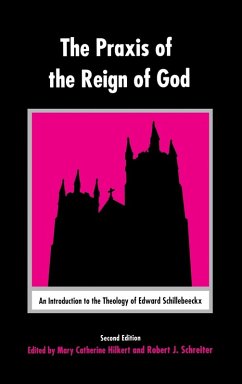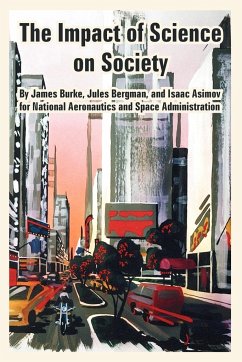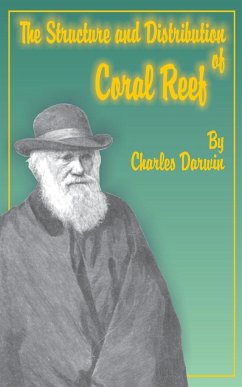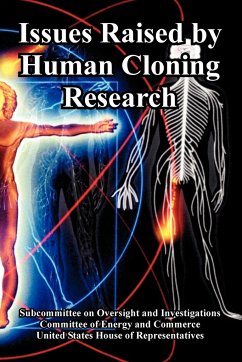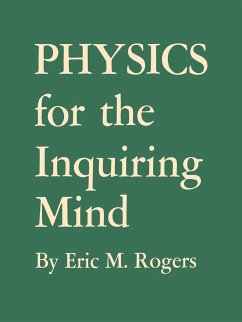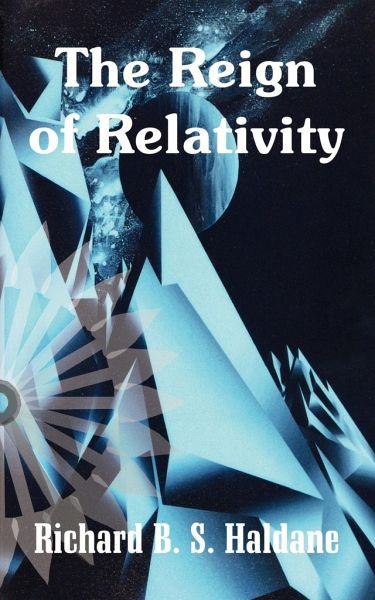
Reign of Relativity, The
Versandkostenfrei!
Versandfertig in 1-2 Wochen
27,99 €
inkl. MwSt.

PAYBACK Punkte
14 °P sammeln!
The Reign of Relativity (originally published in 1921) is an inquiry into the philosophical implications of the theory of relativity. Richard Burdon Sanderson Haldane (1856-1928) was a politician, lawyer and philosopher. He was the brother of respiratory physiologist John Scott Haldane (1860 -1936), and authoress Elizabeth Haldane (1862 -1937). Educated at the Universities of Edinburgh and Gottingen (Sweden), before returning to London to study law. Haldane was called to the Bar in 1879 and appointed a Queens Counsel in 1890. In 1885 he was elected Liberal Member of Parliament for East Lothian...
The Reign of Relativity (originally published in 1921) is an inquiry into the philosophical implications of the theory of relativity. Richard Burdon Sanderson Haldane (1856-1928) was a politician, lawyer and philosopher. He was the brother of respiratory physiologist John Scott Haldane (1860 -1936), and authoress Elizabeth Haldane (1862 -1937). Educated at the Universities of Edinburgh and Gottingen (Sweden), before returning to London to study law. Haldane was called to the Bar in 1879 and appointed a Queens Counsel in 1890. In 1885 he was elected Liberal Member of Parliament for East Lothian. He helped to found the London School of Economics (1895), and served as the Gifford Lecturer at the University of St. Andrews between 1902 and 1904. Appointed Secretary for War (1905), he effected drastic army reforms, creating a British expeditionary force, an imperial general staff, an officers training corps, and the territorial army. Haldane was raised to a peerage in 1911 as Viscount Haldane of Cloan. Appointed to the post of Lord Chancellor in 1912, he was forced to resign in 1915 having been accused of pro-German sympathies. Having joined the Labor Party in 1918, he held the same office in 1924 in the first Labor administration.






